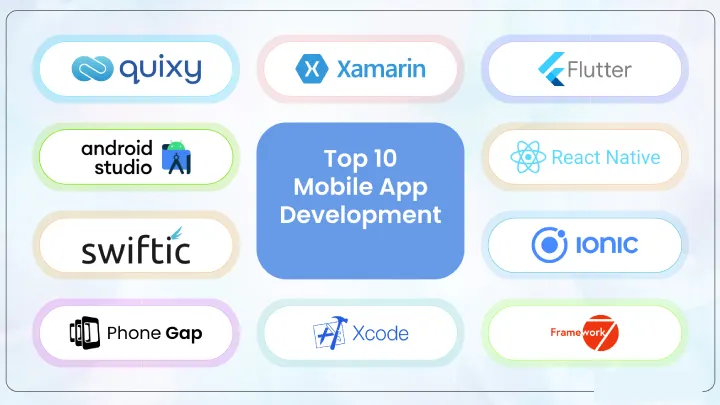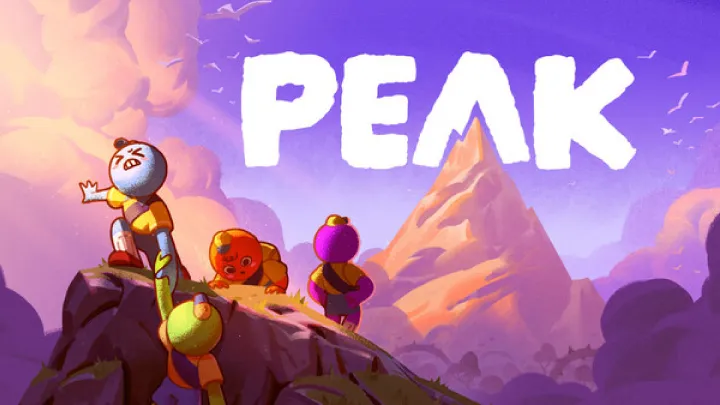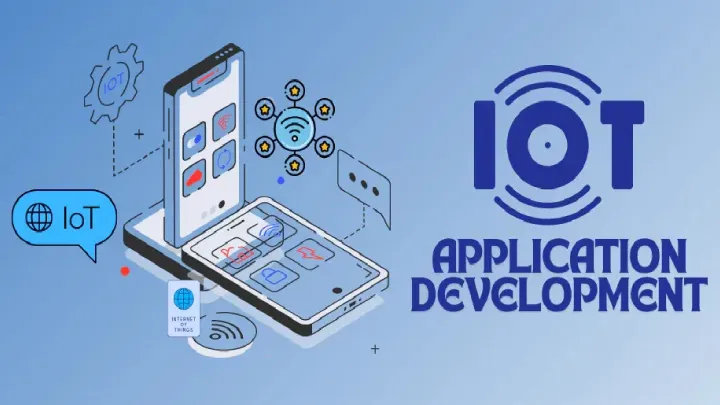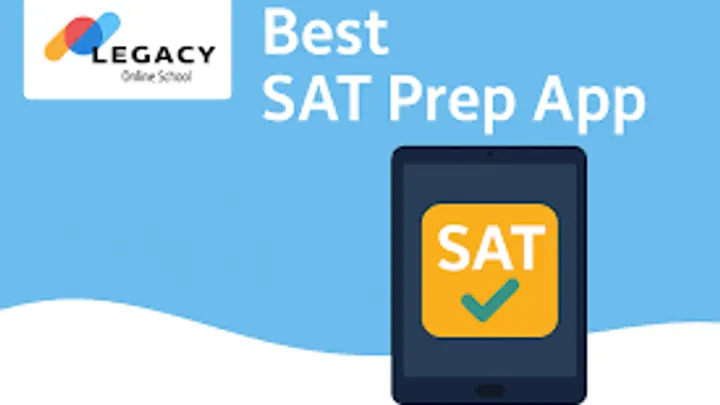Introduction
Machine learning pipeline development orchestrates the end-to-end workflow of data preparation, feature engineering, training, evaluation, and deployment, a foundational process in 2025's AI landscape where automated pipelines reduce development time by 50% per Gartner reports, powering scalable models at companies like Google and AWS. Mobile apps make this exploration practical with interactive notebooks, visual workflow builders, and cloud simulators, enabling feature scaling or model versioning during breaks without a full Jupyter setup. This review curates the top 6 apps for ML pipeline education, selected from 2025 app store ratings, ML dev forums, and insights from sources like DataCamp and Coursera. Each app details features, strengths, and weaknesses (as tailored paragraphs), with an overall evaluation without scores. From novices chaining ETL steps to pros optimizing Kubeflow workflows, these iOS- and Android-optimized platforms provide over 2000 words of flow-guided insights to pipeline your ML development anywhere.
1. DataCamp
Overview: DataCamp's mobile app specializes in ML pipeline courses, teaching scikit-learn pipelines and feature unions through interactive challenges and datasets.
Strengths: Adaptive paths guide from data loading to cross-validation, with in-app runners visualizing pipeline flows and accuracy metrics. Free tier teases basics like GridSearchCV, $25/month premium unlocks projects like end-to-end fraud detection. Offline downloads support travel, certifications boost resumes, and community forums debug imbalanced classes. Integrates with Kaggle for real datasets.
Weaknesses: Focuses Python over R, mobile editor lags on large pipelines. Free limits advanced orchestration, pacing structured for beginners.
Overall Evaluation: DataCamp builds ML pipelines progressively with projects, ideal for analysts, though Python tilt suits scikit pros.
2. Codecademy
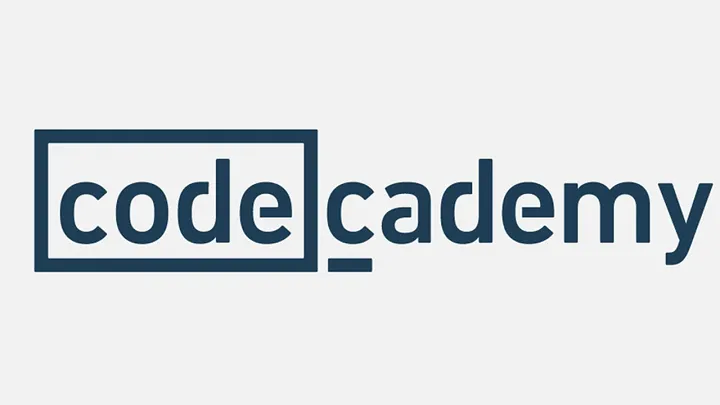
Overview: Codecademy Go embeds pipeline development in Python ML paths, covering transformers and GridSearch through hands-on exercises.
Strengths: Instant feedback on chained steps shows speedup metrics, syncing progress for hybrid use. Free basics include ColumnTransformer intros, $19.99/month pro adds TensorFlow pipelines. Bite-sized for breaks, community shares optimized workflows. Ties to deployment for full MLOps context.
Weaknesses: Mobile lacks visual dag graphs, coverage light on Spark. Free caps projects, assumes pandas basics.
Overall Evaluation: Codecademy interacts pipeline tweaks accessibly, great for coders, but visuals trail dedicated tools.
3. Coursera
Overview: Coursera's app hosts specializations like "Machine Learning Engineering for Production (MLOps)" from DeepLearning.AI, with quizzes and labs on Kubeflow pipelines.
Strengths: Free audits access core content, $49/month Plus for certs via projects deploying to Vertex AI. Offline lectures and peer reviews fit irregular schedules, sequences ingestion to serving. Qwiklabs integrate cloud runs for scalable flows.
Weaknesses: Video-heavy format hampers mobile coding, labs better on desktop. Free skips grading, pacing self-driven.
Overall Evaluation: Coursera structures ML pipelines academically with labs, great for credentials, though interactivity lags on mobile.
4. Udacity
Overview: Udacity's nanodegree app focuses on "MLOps" nanodegree, teaching Airflow DAGs with mentorship on versioning and monitoring.
Strengths: Mentor feedback refines pipeline prototypes like recommendation engines, $399/month includes career services tying to ML engineer jobs. Offline projects download for local sims, real-world examples from AWS SageMaker. Nano paths integrate MLflow for experiments.
Weaknesses: High cost barriers casual learners, app supplements web-heavy content. Assumes ML basics, steep for novices.
Overall Evaluation: Udacity mentors pipeline pros toward production roles, valuable for committed, but price and prereqs limit access.
5. Kaggle
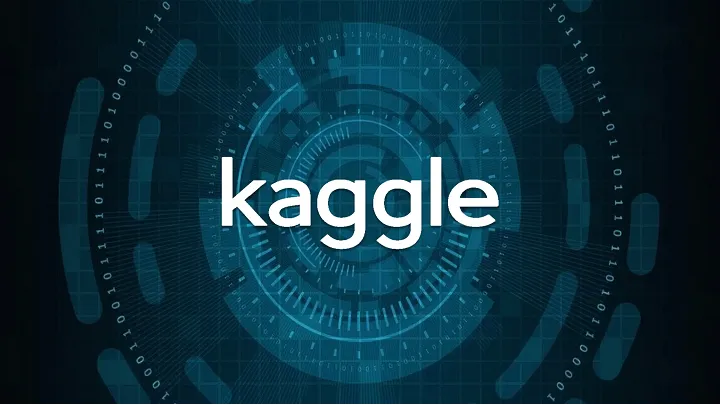
Overview: Kaggle's app enables pipeline exploration through notebooks and competitions, practicing feature engineering and model chaining on shared datasets.
Strengths: Interactive notebooks run pipelines in TPU/GPU, free with offline drafts. Competitions benchmark workflows, community kernels share optimized chains. Tutorials from data cleaning to ensemble serving, supports TensorFlow/PyTorch.
Weaknesses: Competition-focused light on orchestration tools like Kubeflow, mobile kernel editing crams cells. Requires account for full features.
Overall Evaluation: Kaggle notebooks pipeline ML competitively, great for data scientists, though focus favors competitions over tutorials.
6. Google Colab Mobile
Overview: Google Colab's companion app runs Python notebooks for ML pipelines, with GPU access and integration to Drive for versioning.
Strengths: Cloud notebooks execute scikit pipelines with !pip installs, free tier 12GB RAM. Offline editing syncs on reconnect, tutorials from Hugging Face to custom transformers. Community shares via links, supports BigQuery ingestion.
Weaknesses: Cloud-dependent for runs, mobile UI scrolls long notebooks poorly. Free limits runtime to 12 hours.
Overall Evaluation: Colab notebooks ML pipelines cloudily, versatile experimenters, but dependency tests offline.
Conclusion
Exploring machine learning pipeline development on mobile flows 2025's MLOps revolution, from automated training at Scale AI to serving at Hugging Face, and these six apps chain your ascent portably. Beginners DataCamp transformers or Codecademy chains, pros Udacity mentorships or Kaggle competitions. Standouts Coursera labs, Colab GPUs—but clouds or focuses stacks. As AutoML pipelines rise, adapt. Ingest daily, transform features, blend apps to ML empires that deploy dynamically.










